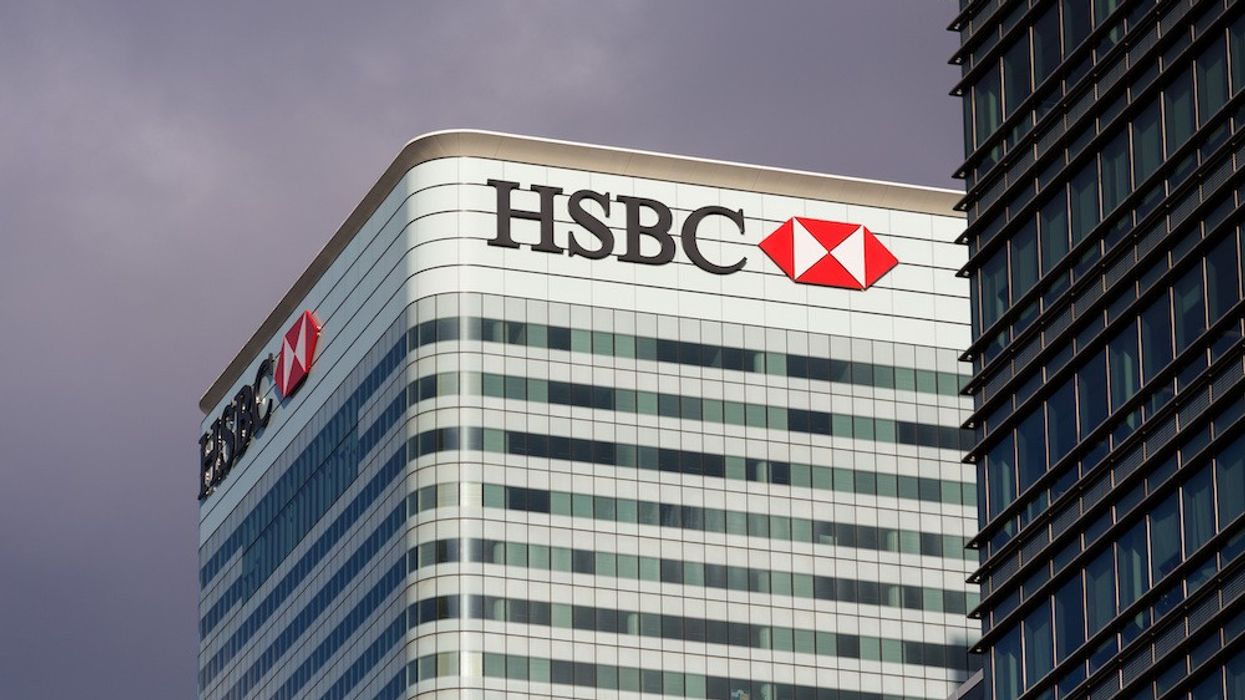Earlier this week, it was reported that the Canadian arm of HSBC is up for sale. And while it remains unclear just who will snap up the British lender’s canuck operations, what is likely is that any purchase will result in the loss of key leverage for today’s rate-shopping mortgage borrower.
The seventh largest bank in Canada, HSBC has played a key role in the mortgage rate marketplace, says mortgage analyst Rob McLister.
Given its specialty in aggressive uninsured pricing, and its ability to do balance sheet lending -- something the smaller monoline mortgage providers can’t -- the lender can hit the sweet spot of undercutting the big banks’ mortgage pricing, while having the clout of being one the world’s largest lending institutions.
That gave borrowers some pull when negotiating down their potential rate, whether or not they made their move from their main lender.
“Not only was HSBC frequently the rate leader among national lenders, but its leading published rates gave mortgage shoppers ammo to negotiate with their bank,” McLister tells STOREYS.
“Unless HSBC was purchased by someone interested in running an aggressive online mortgage operation, its sale would likely result in Canadians paying more for uninsured mortgages.”
As of today, HSBC is offering a five-year fixed rate of 5.14%, compared to a range of 5.2 - 5.5% from the big banks - a spread between 10 - 40 basis points. It offers a similar spread for its variable offerings, with a rate of 4.95% compared to the larger lenders, who are clustered around 5.2%.
Initially reported by Bloomberg on October 4th, HSBC’s sale has banking chins wagging, with speculation rising that it’ll be another of the Big Six that make the acquisition, reportedly worth up to $10B.
The most likely contender is RBC, according to a report by National Bank analyst Gabriel Dechaine, given their status as the largest bank in Canada with capital of over $12B, compared to the approximately $2B coffers held at the other banks.
“We do not believe any European or U.S. banks would be interested, as these players have more of a track record of exiting Canada,” Dechaine wrote. “If anything, we could see a large Chinese bank expressing interest.”
According to their annual report, HSBC’s Canadian operations produced $768M last year, which accounts for 4% of the global giant’s pretax profit, and 3% of its global customer accounts at the end of 2021, employing a Canadian staff of 5,348.
According to Bloomberg, the sale comes as the lender attempts to avoid calls to split up the bank from its shareholder Ping An Insurance Group Co, having already sold off units in US, France, and Greece.
In a statement provided to STOREYS, an HSBC spokesperson said, “HSBC regularly reviews its businesses in all its markets. We are currently reviewing our strategic options with respect to our wholly owned subsidiary in Canada. Amongst the options being explored is a potential sale of HSBC Group’s 100% equity stake in HSBC Bank Canada. HSBC Bank Canada is a very strong business and Canada’s leading international bank. The review is at an early stage and no decisions have been made.”





















